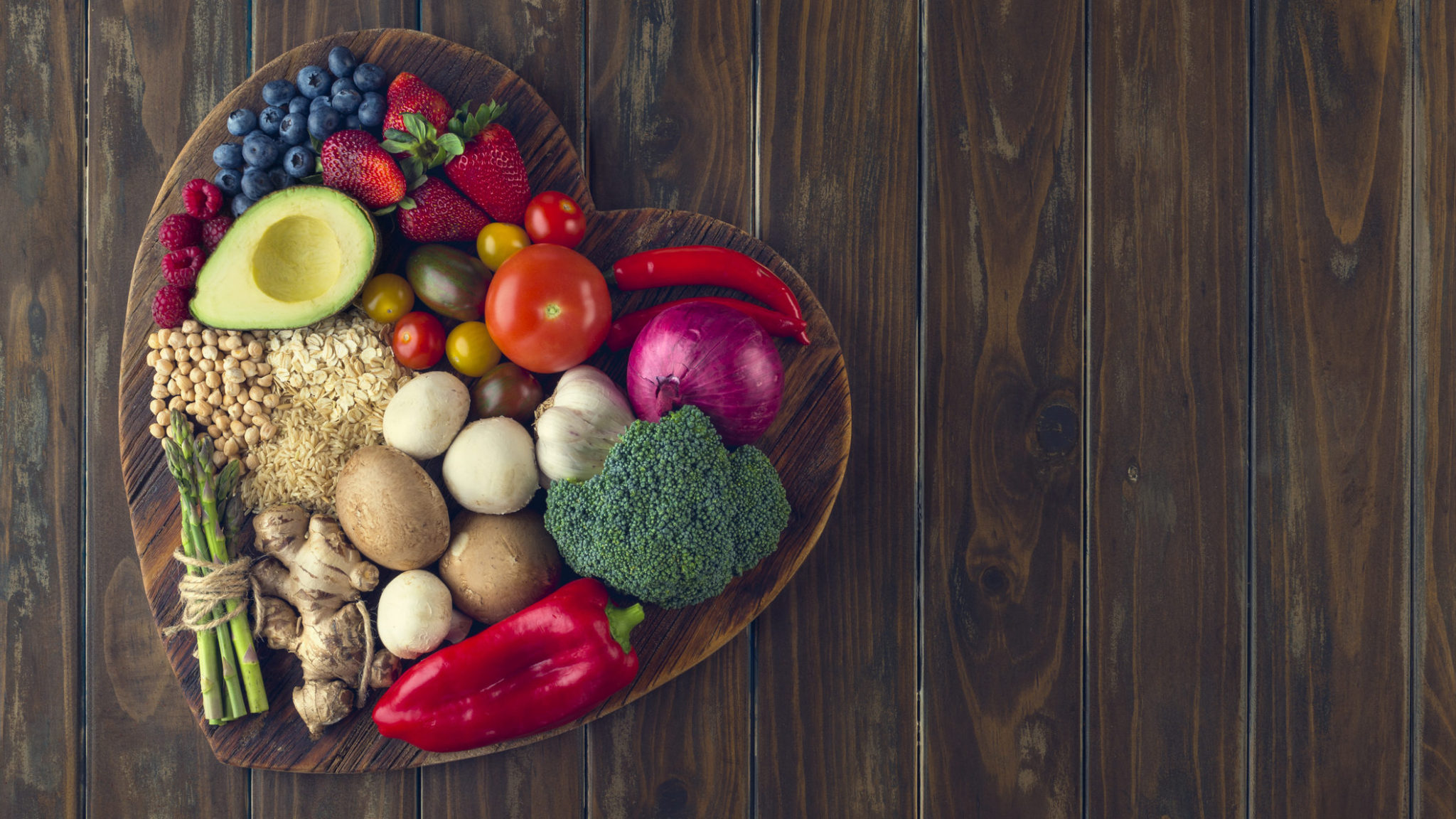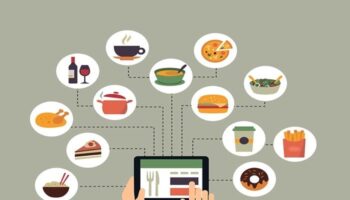Have you ever pondered about starting a food blog and starting earning money on the basis of it? Does this sound impossible to you? Actually, it is quite simple if you apply some fundamental blogging strategies, in a stepwise manner.
Food blogging – what is it?
Food blogging is nothing but writing about recipes, exotic cuisines, restaurants, new discoveries and inventions in the domain of food culture specific to any region, etc. There are thousands of food bloggers around. The field is extremely lucrative. That is also the reason why food blogging is quite competitive.
Picking the niche of food blogging
What is the exact field of food blogging on which you are going to write? Choose it carefully. You can do a keyword research for it. Also, check out with the free tool of Google Trends that whether a niche is a hot segment or not.
Purchasing a trusted hosting service
There are multiple hosting service providers that you can explore and choose the most suitable one for your blog. We suggest going for Bluehost. You can also opt for Go Daddy web hosting, or even Hostinger.
Setting the domain name
The hosting service provider would tell you whether a domain name is available or not. Try to be creative yet simple in setting the domain name of your blog.
Selecting a hosting package
There are many types of hosting packages available in the online market. To begin with, you can consider a shared hosting platform on an annual package to keep a tab on your budget.
WordPress comes with Bluehost
The advantage of Bluehost is you would be able to smoothly install WordPress once you buying hosting service package from them. You don’t have to remain concerned about the installation process. Simply follow the instructions you get on the site. There is also a support team that would diligently assist you in the installation process.
Setting a theme
There are thousands of themes available on WordPress. Select a nice theme. You can choose a free theme to save your costs. If you want your blog to appear more professional, there is no restriction in opting for a Pro them, for example, something like a Foodie Pro Theme. But in this case, you have to pay for it.
Installing plugins
You would need a bunch of WordPress plugins for your blog that would refine its structure and make the content more readable and searchable. One such example of a food blog plugin is ‘WP Recipe Maker’. Also, it is extremely important to keep the plugin of a contact form on your platform.
Building the content strategy
Without a robust content strategy, you can’t success with your food blog. There are three major elements that you should consider while setting the strategy. They are:
- The type of content
- The length of content
- The frequency of posting content
You should be clear about the content flow on your platform.
Keyword research is crucial
For writing each of the content pieces on the blog, do an extensive research on primary keywords. You also need to make a list of LSI or secondary keywords relevant to the content topic you would be covering.
Creating exclusive segments
It is mandatory to create a proper navigation bar on your blog. There should exclusive sections for each content type, if possible. A good navigability lowers the bounce rate of the blog. The target audience spends more time on the site.
Writing contents of various lengths
There are different categories of contents you can create in the arena of food blogging. It is an effective ploy to go for two broad types of contents – long-form and short-form. The long-form articles should be extensive with more images, and videos, when required. The short-form contents should be more direct and crisp, loaded with pertinent information for the readers.
Posting frequency
Deciding on the posting frequency of your bog posts is one of the major steps you should take in this context. Initially, a good advice to follow is post more frequently, for example, posting 12 posts per month. You can slow down on frequency as the blog grows.
Integrating social media accounts
By all practical means, you need to integrate various social media accounts in your blog. Social media would help you to gain visibility on the internet, besides SEO that boosts organic search. Also, you would be able to improve the traffic inflow to your blog through social media handles of your food blog.
Taking help for analytics
You can simply use Google analytics to track the growth of your blog. You can locate which articles are read more, and which blog pieces are loved less. Keep a note on the dynamics of page views. Set you future strategies based on the data you receive on a daily basis.
Monetizing the blog of your dreams
Here comes the real part. You have to think about optimally monetizing the food blog that you have been creating. There are numerous ways to do it. You can mix various methods.
Creating eBooks and selling them
Selling eBooks on your food blog is a wonderful way to build a passive income stream. You can create a digital book on recipes. Also, this is a good method to make an email list of the visitors of your blog. Do a market research about pricing your eBooks.
Getting involved in affiliate marketing
The field of affiliate marketing is booming constantly. In this, you sell products of other brands and companies on your blog. Some of the keywords or sections of your blog directly link to their pages. When the reader of your blog buys a specific product within a time bracket, you receive commissions.
Creating a YouTube Channel
A channel on YouTube visually presenting the contents of your blog is effective, too, in earning money.
Selling relevant online courses
You can also sell some good online courses on your food blog to earn money.
Just go for food blogging!
You already have so many tips. Start food blogging from today!






